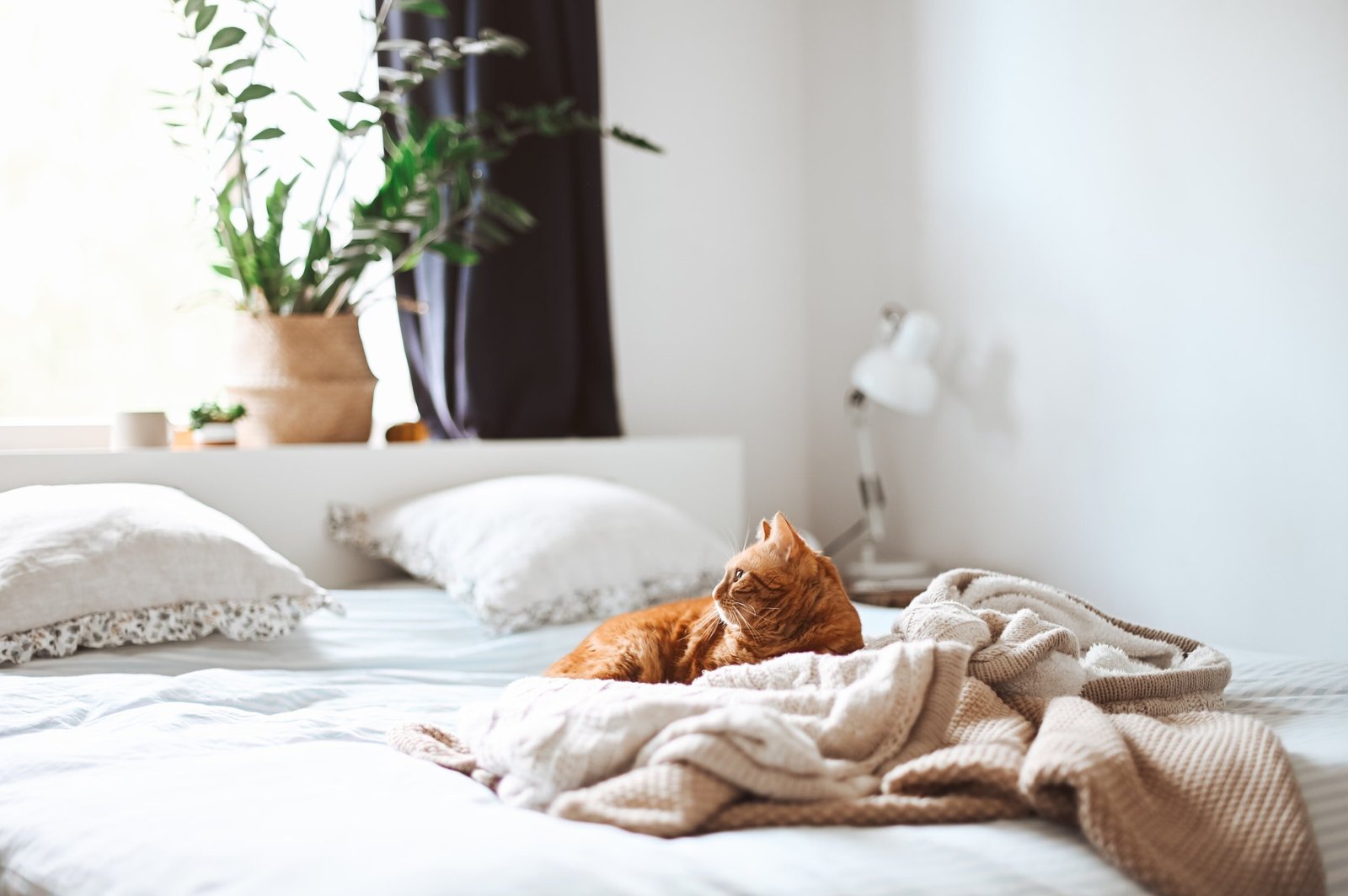Views:
0
Having trouble waking up early every morning for school? Many students end up being late to their morning classes due to this exact problem, and consequently fall behind in class. Despite this, there are some simple fixes you can make to your morning routine that can allow you to wake up consistently at the time of your choosing, and will make you feel awake, and ready for the day.
If you remember nothing else from this article, remember this:
Movement, Water, and Light.
These are the 3 necessities to waking up, and can single-handedly change your life.
Here is an example:
You get up, get dressed, and eat breakfast.
This routine is flawed, because it fails to incorporate water or light into the routine.
A better example:
You get up, let some light into your room, stretch, have a sip of water, and eat breakfast.
Even just simple changes like these can make a world of a difference in how you feel when you wake up. It only takes an extra 5-10 minutes of your time, depending on whether you do a workout in the morning or just stretch (I recommend doing both for maximum effect).
Alarms
If you can’t seem to wake up on your own, setting an alarm can be a great way to guarantee that you get up exactly when you want. However, there are a few issues with this:
-
You may turn off the alarm, and fall right back into bed. (That was me!)
-
You can keep snoozing it past your wake-up time.
If you are reading this, I am sure some of you have encountered something along these lines when trying to wake up with an alarm. All you need to fix it is 30 seconds of your time, and a table. Seem too good to be true? In fact, it is truly that easy.
All you have to do is move your alarm away from your bedside (that could be your dresser, your bookshelf, on the floor, whatever works) at least 6 feet away from you. This way, when you wake up, you can’t snooze the alarm, nor turn it off. You have to get up (which incorporates some movement) and turn the alarm off. Just by doing this, you will never snooze past an alarm again.
Another tip that compliments this very well is to use alarms with slightly annoying sounds. You will hate it when you wake up, but it gives you that extra determination to turn it off and start your day.
Once you turn the alarm off, remember to have a drink of water, and let some light in, either by opening the blinds, or turning on some lights.
Shower
Showering after waking up is something I discovered recently and has given me many benefits. I was doing all the things right: Moving the alarm further away from me, stretching, drinking water, and opening the blinds, but I still didn’t feel as alert as I would have liked.
Taking a shower can help improve blood circulation, keep you clean, and can give you the stimulation you need to become alert. On top of this, if you can cope with a cold shower, it further increases your alertness.
But, contrary to popular belief, cold showers do NOT improve your mood over time, they actually decrease it.
Source: Quantimo
As you can see, the spikes in the amount of time spent in cold showers is immediately met with a downwards spike in overall mood.
That is why I recommend taking warm showers, as it still wakes you up without decreasing your mood. However, cold showers can wake you up more effectively, which can be useful to some individuals.
Once I added showering to my morning routine instead of showering in the afternoon, I saw huge benefits in my alertness, and my mood. If you ever feel groggy in the morning, showering can be a great remedy to add to your routine.
Quiet Time
Yes, yes, I know. You have probably heard ‘meditation’, ‘me time’, and ‘relaxation’ being recommended by various sources, and they are not wrong.
The thing is, most of us have hectic mornings. We try to rush to school, or finish an essay before 8:15. Because of this, taking some time to relax can greatly increase your mood, decrease stress, and give you some time to set goals and priorities for your day, and to think about… anything really.
Relaxation can mean many things for different people. For some, it means going into a full meditative state, for some, it is eating a quiet breakfast.
You do you.
The Recommended Schedule:
Here is a schedule I put together that incorporates all the tips in this article. If you don’t know where to start, start with this.
6:45 AM – Wake up (Put clothes on, open blinds, drink water)
6:50 AM – Light Exercise (Stretch, run on the treadmill, etc.)
7 AM – Shower
7:15 AM – Eat Breakfast
7:40 AM – Quiet Time (If you plan to eat a slow, quiet breakfast, you can use this time in conjunction with the allotted breakfast time.)
7:50 AM – Leave for School (Assuming an 8:15 start time)
Voilà!
This schedule can be adapted to certain time constraints and commitments, like having longer commutes, different start times, etc.
This should be used as a base to build upon, and can be used as an example for your ideal morning routine.
Did any of this help? If so, leave a comment, and share this with your friends!








Leave a Reply